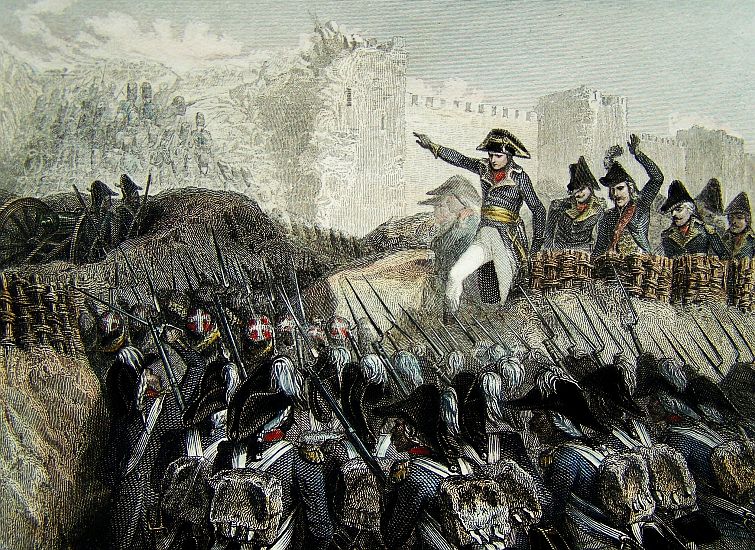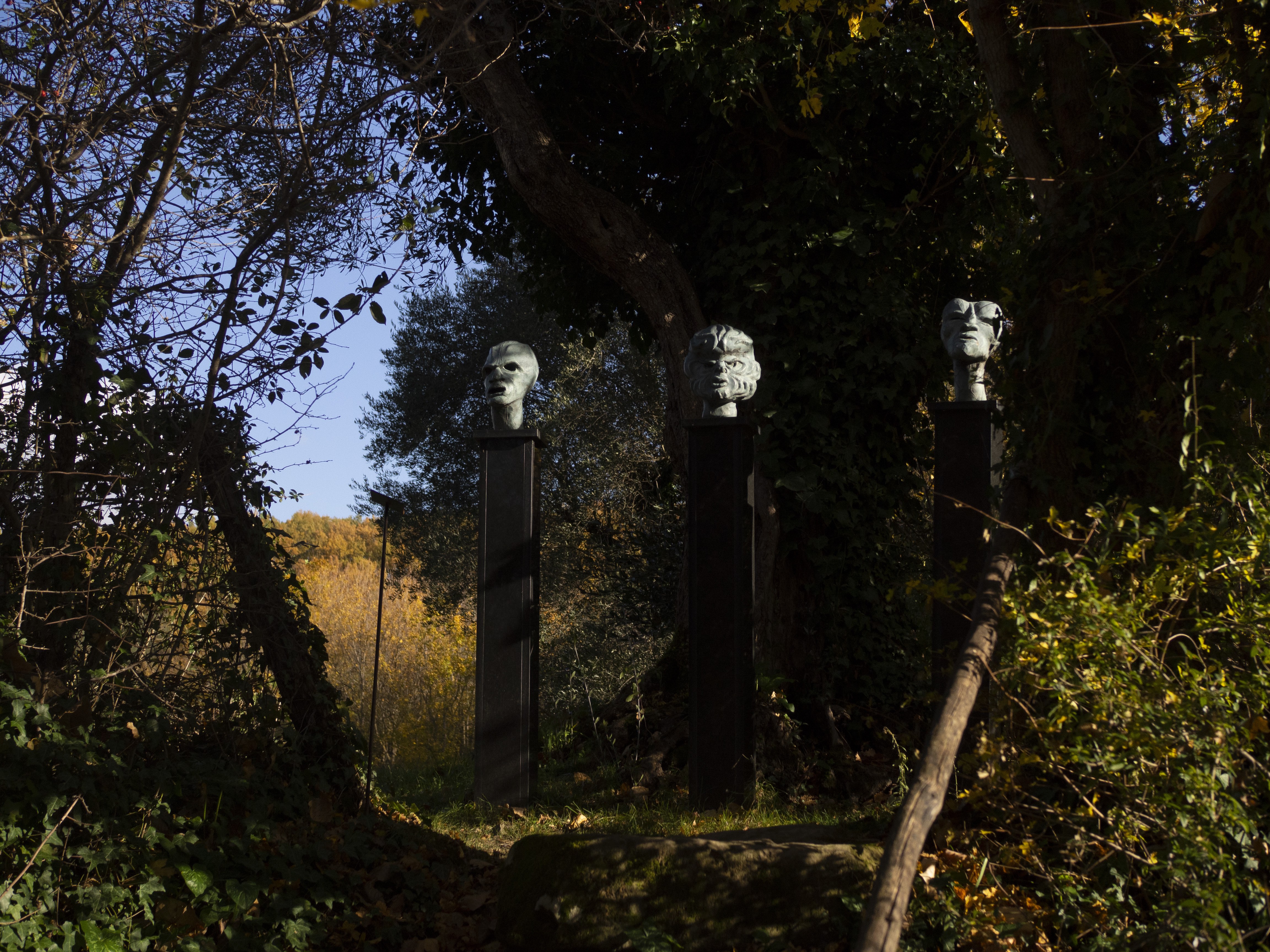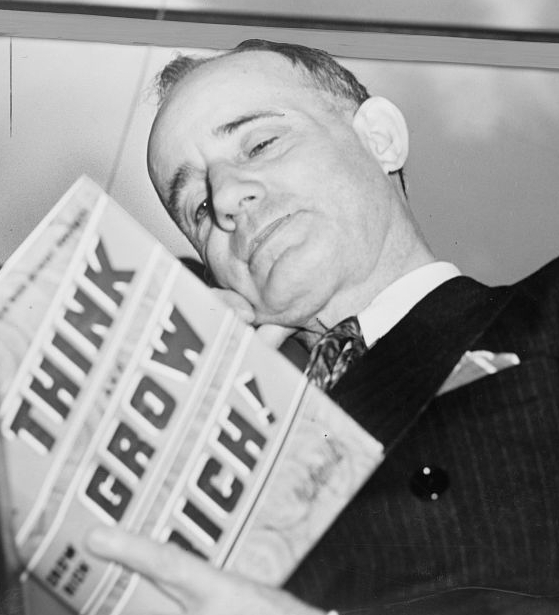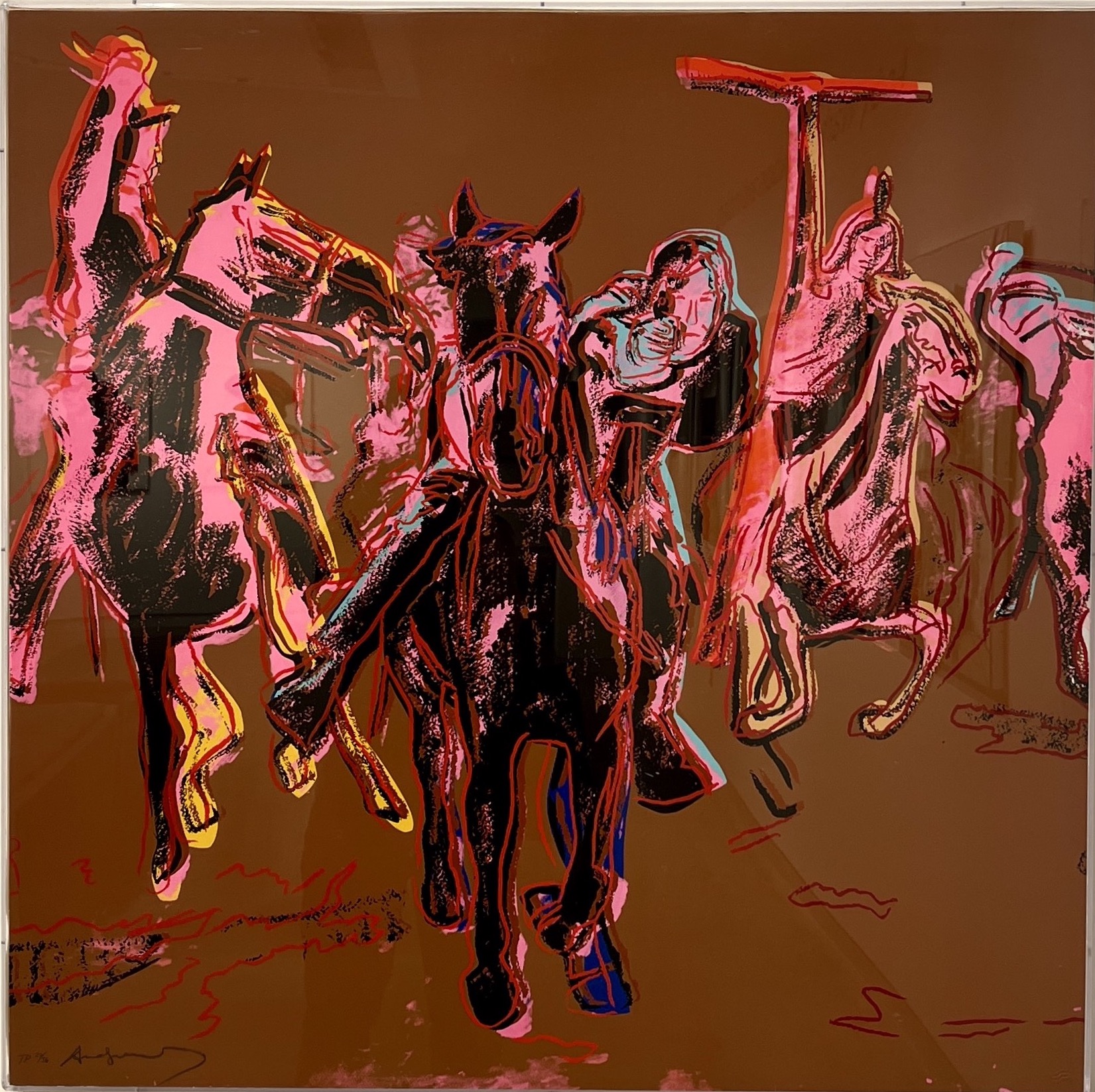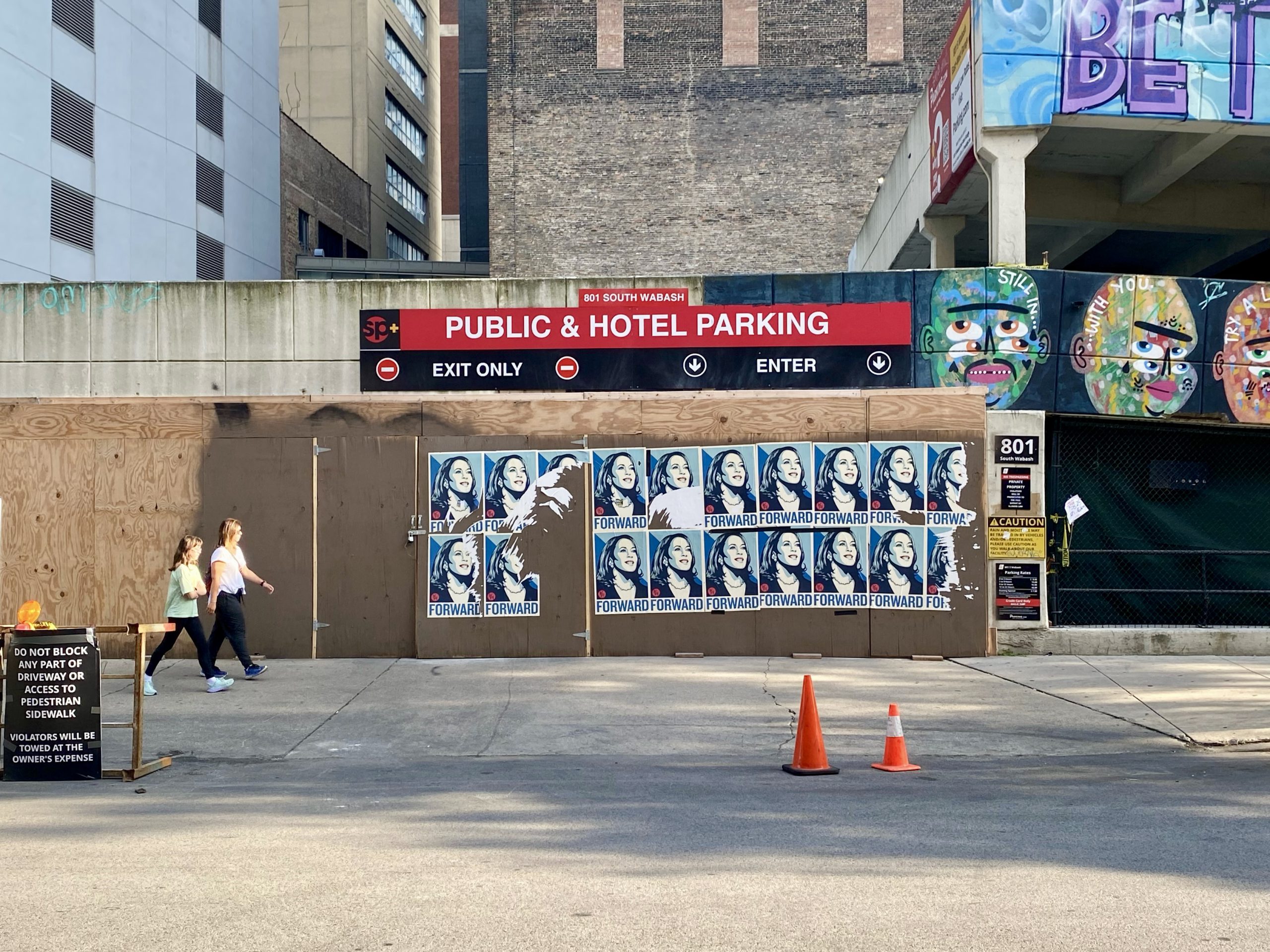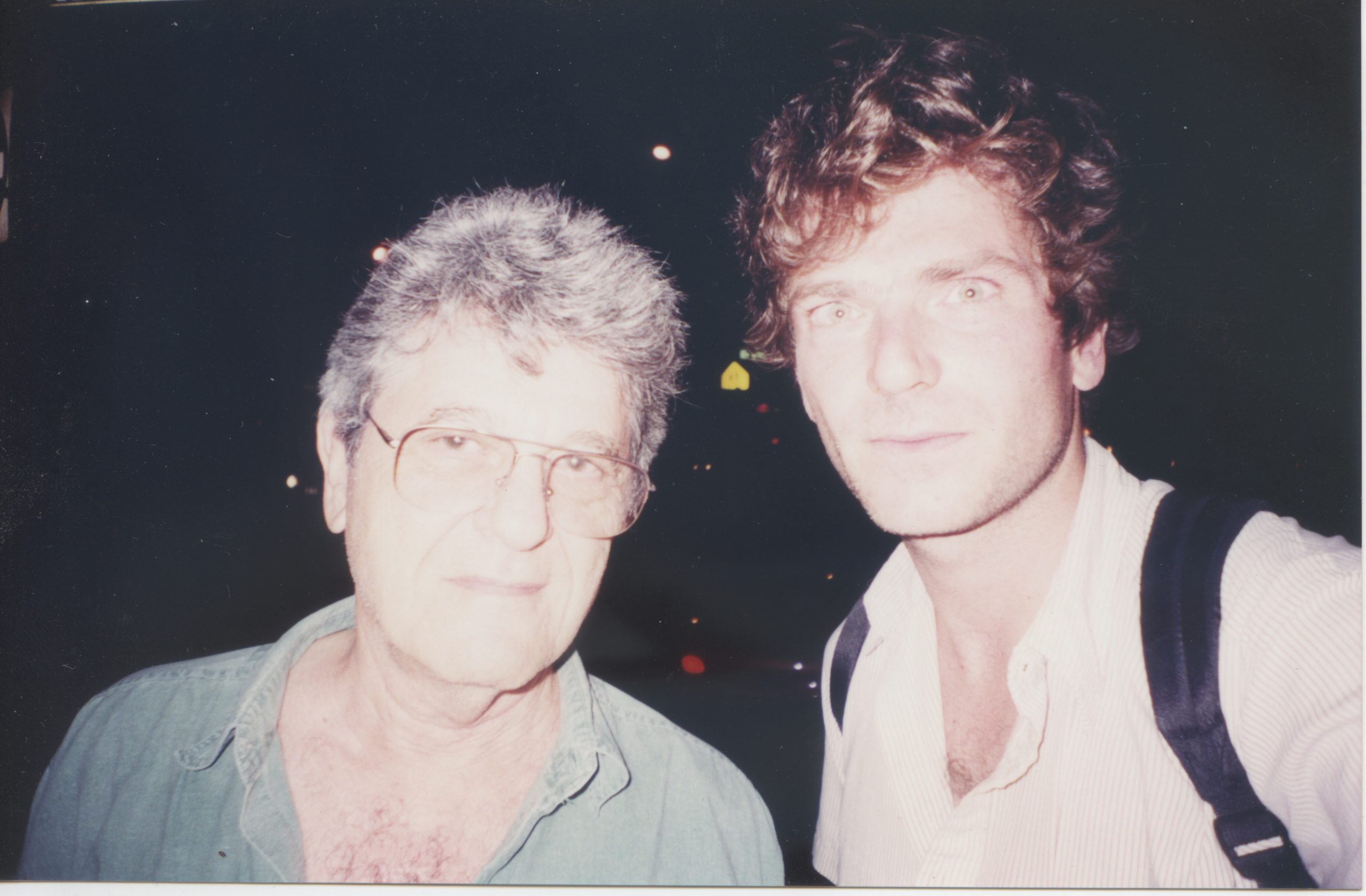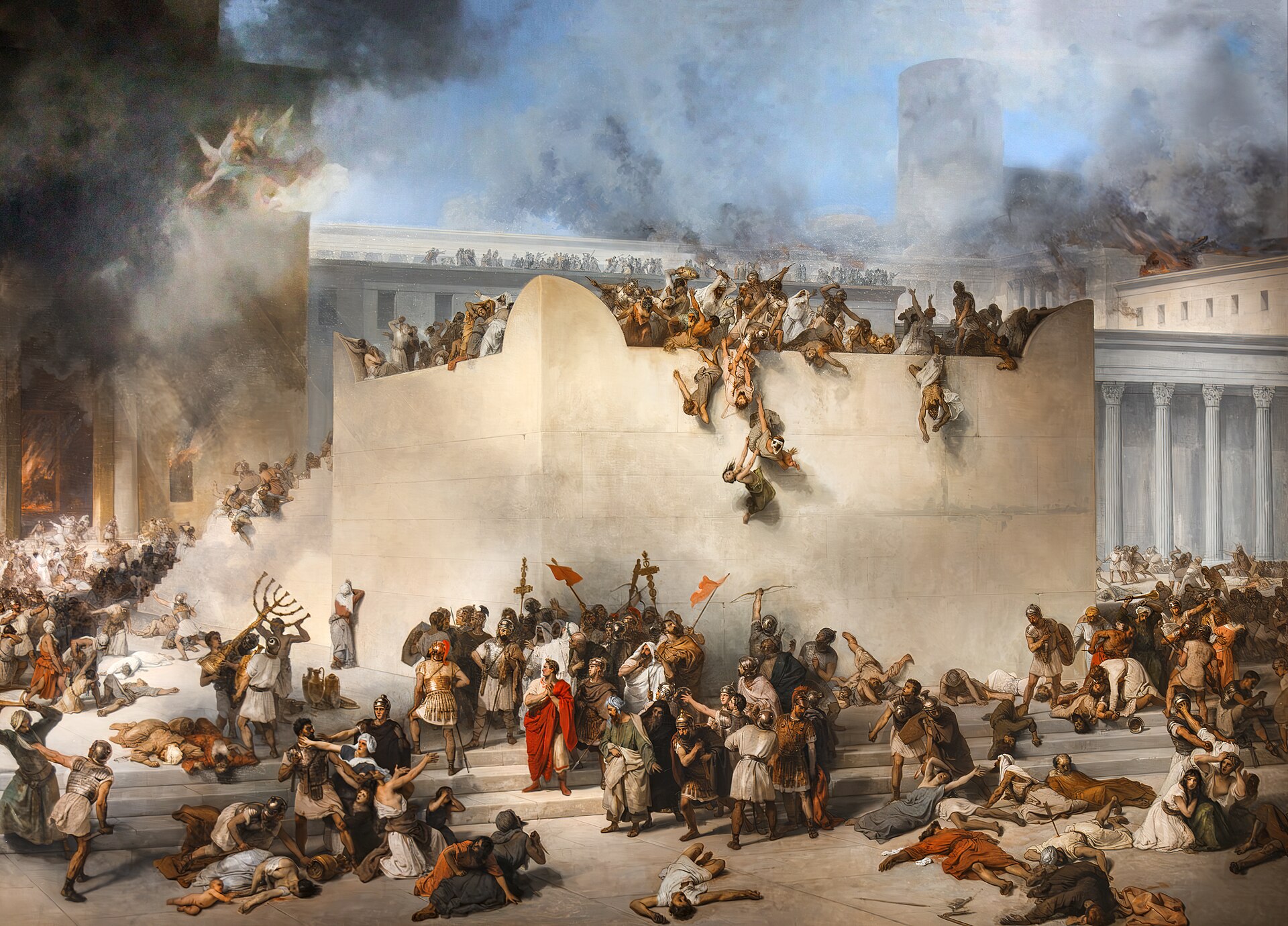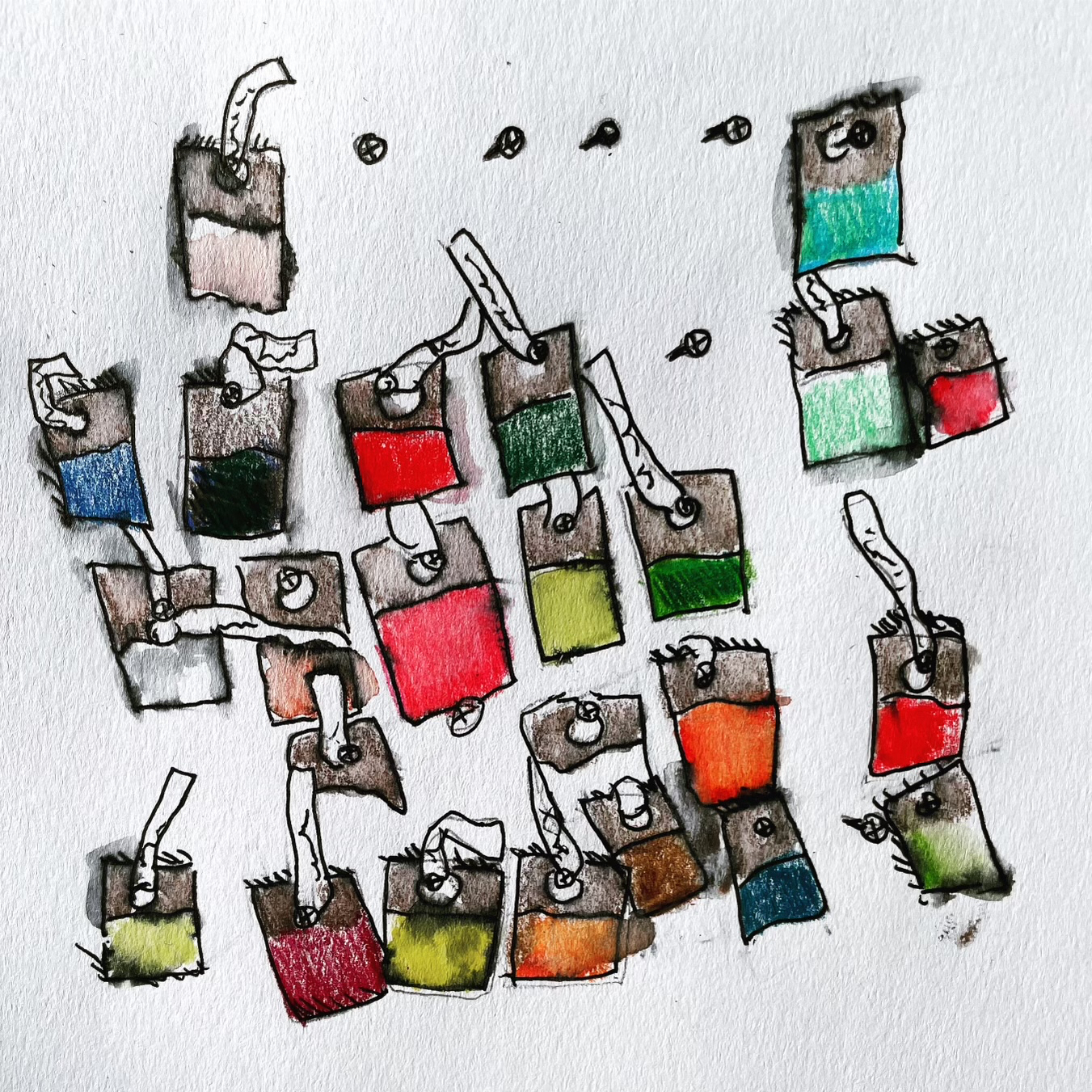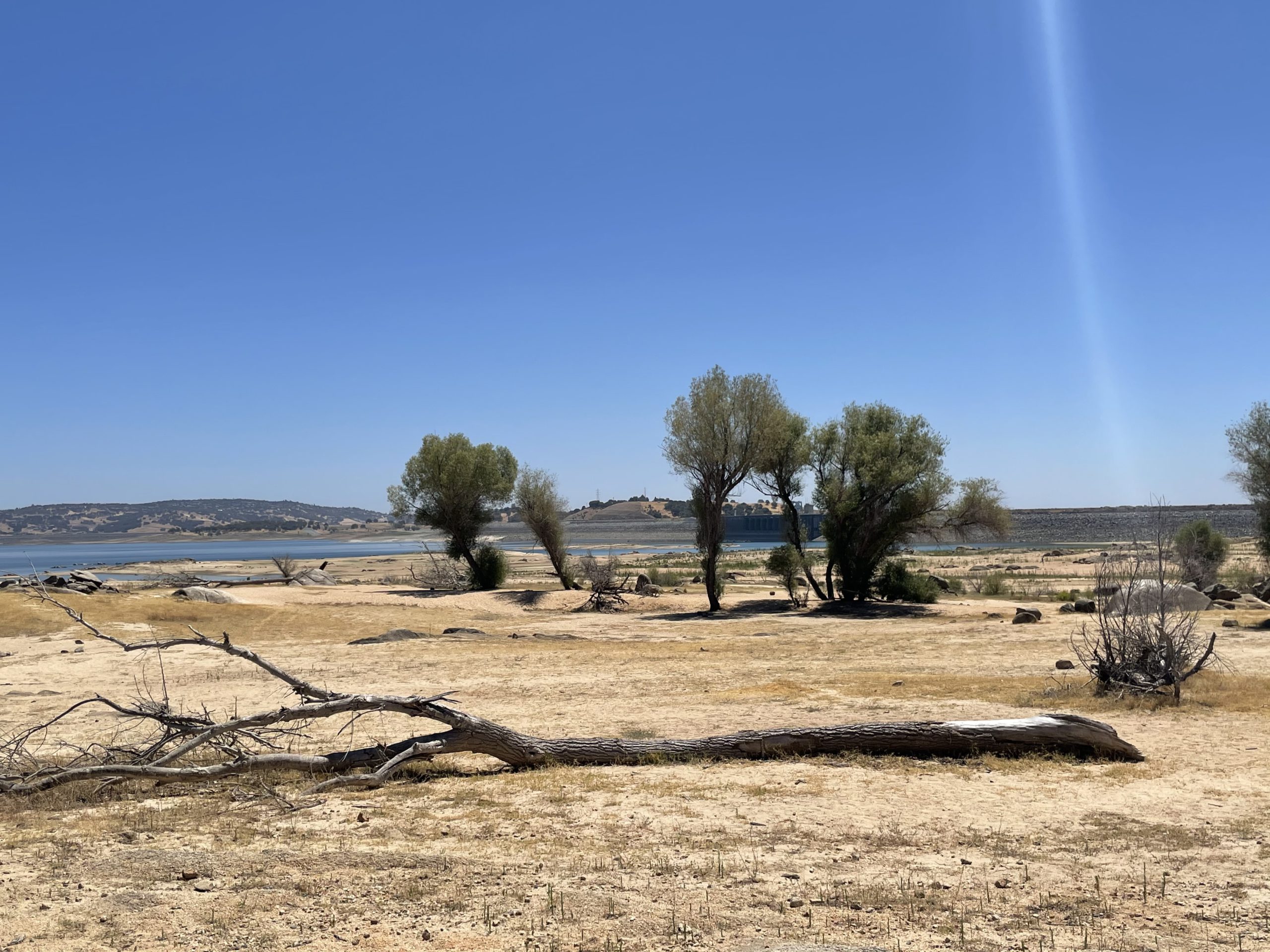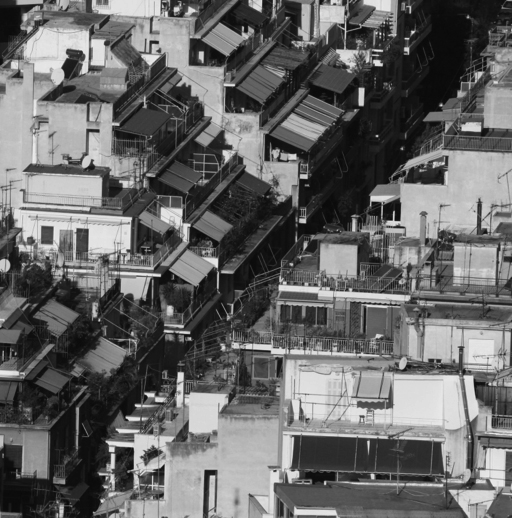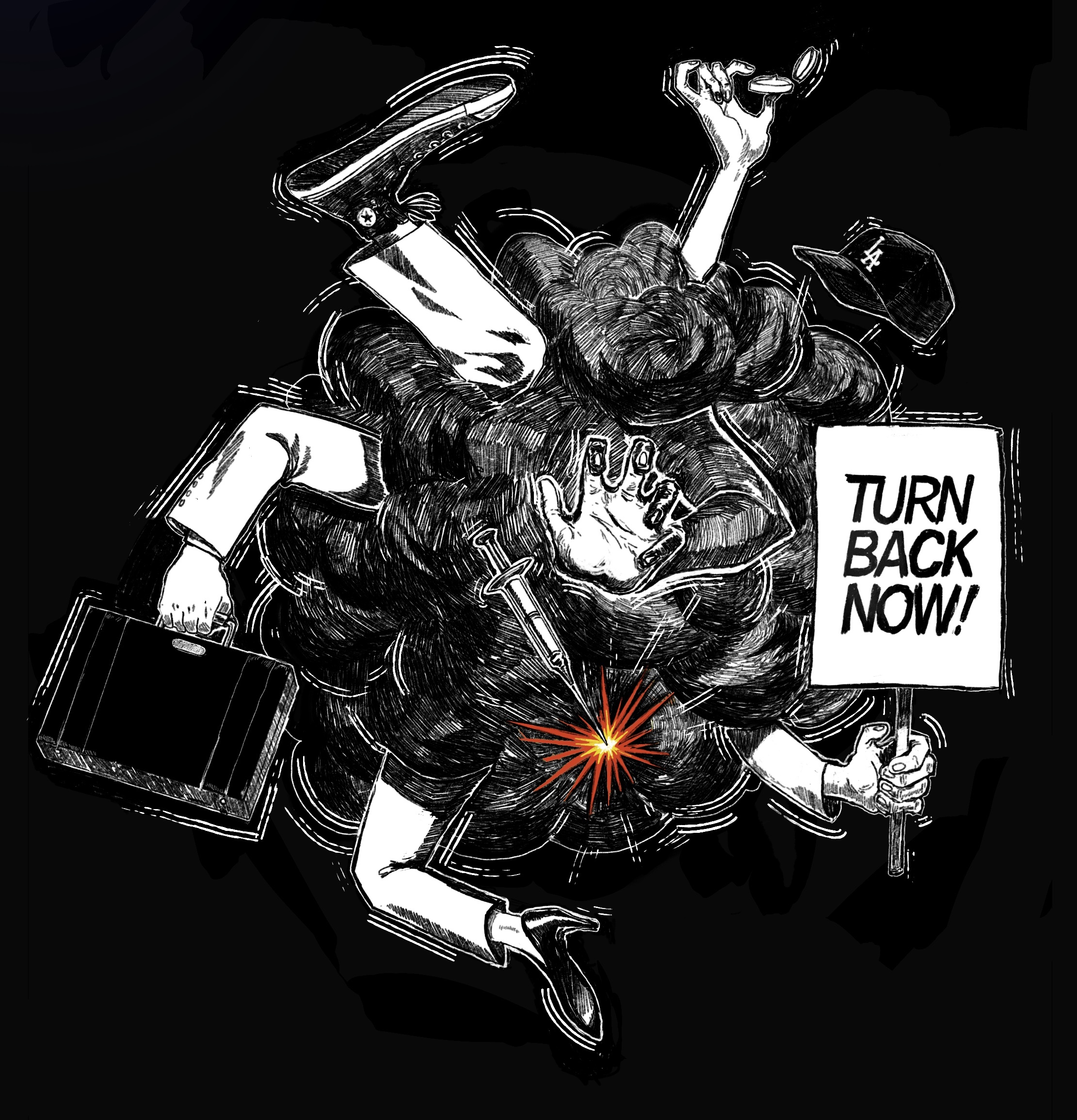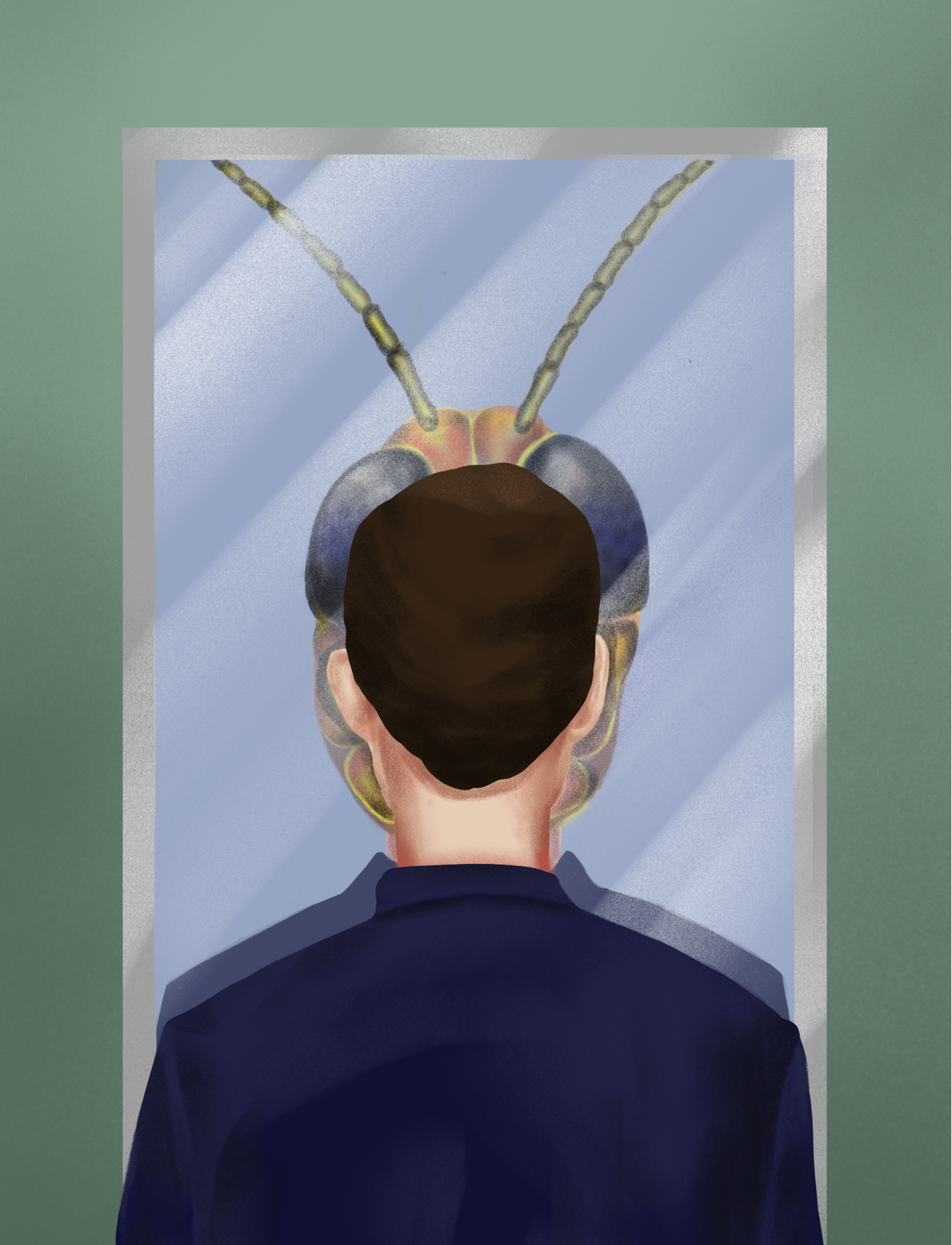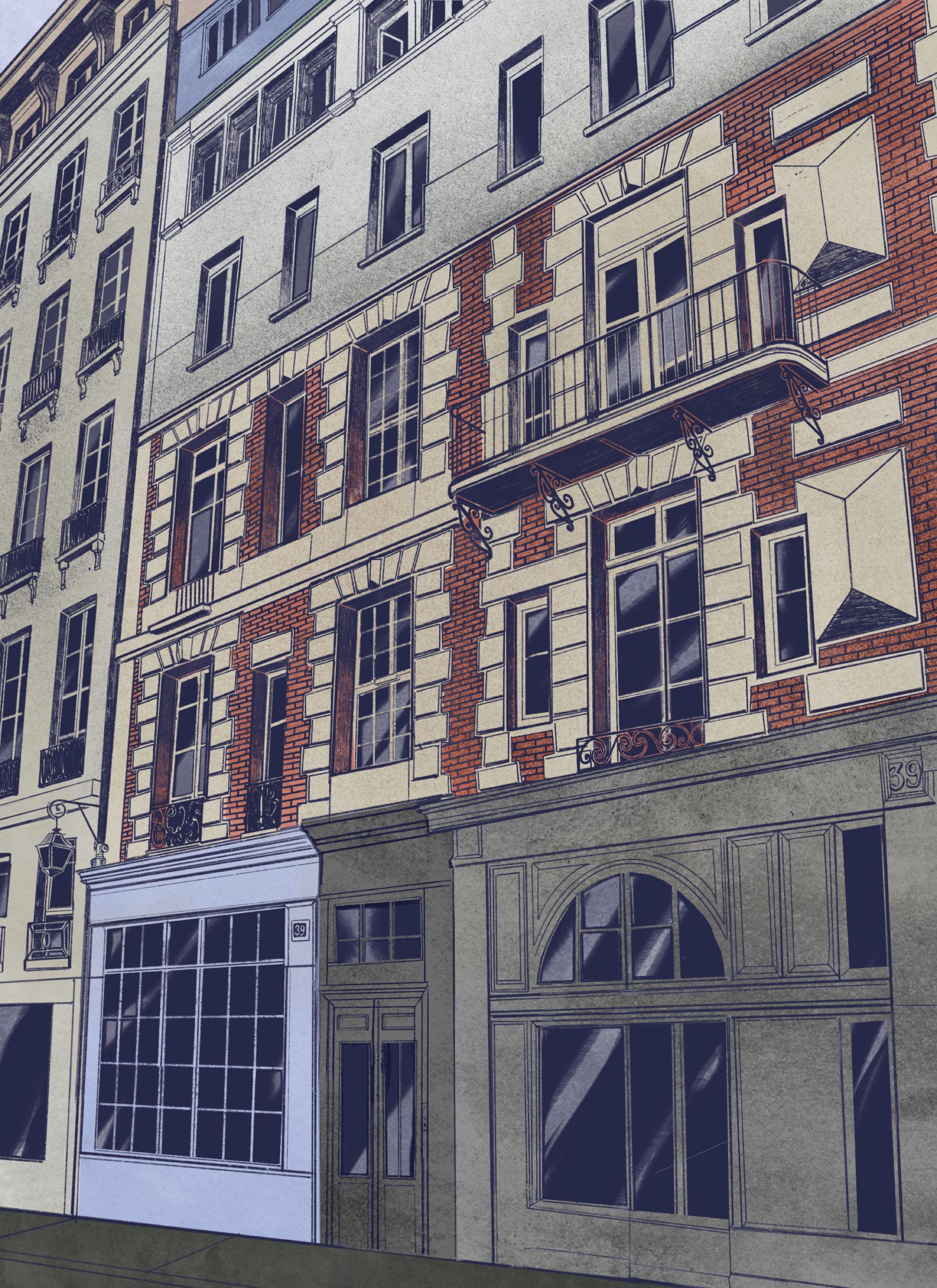Author's Note: Below is an excerpt from a diary of sorts, chronicling impressions rather than events, issued in the wake of Hamas’s attack on October 7, 2023 and Israel’s ensuing military response. The sections appearing in Dispatches focus on the sense that Israelis are fighting a war on two fronts, internal and external, entering into a fateful armed conflict while still bearing open wounds from social splits that characterized the first nine months of 2023.
October 12, 2023
Jerusalem
[small-caps]
Since the massacres of that Shabbat morning, October 7, 2023, there has been a lot of talk on Israeli airwaves about the breakdown of the nation’s conception—konseptsya—of how to conduct its conflict with Gaza’s ruthlessly totalitarian rulers. The idea that Hamas, as an organization and militant group, could be contained by economic incentives was shattered and revealed to be not only a sham but a self-propagated delusion.
What struck me in those early hours of Shabbat, after hearing sirens at 8:15 AM and running with my wife and three little girls to what we hoped was the safest spot in our house—built in 1932 at a time when safe rooms were not standard—was that Hamas had achieved one of the most sophisticated deception campaigns of our time using a simple, time-tested method. They used the primary character weakness of the person who has led our country for the past generation against him: corruption. They fooled him into thinking that they were more interested in maintaining power over their society than in jihad against Israel. And he believed them because this is precisely what he has done—maintain power—and continues to even now as our nation is at war.
Now that war is afoot and over three hundred thousand reservists have been called up, leaving families behind, we hear another refrain on Israeli airwaves: First we fight, and later we ask the questions that need to be asked. This konseptsya has not yet broken down. But it must—for the simple reason that, at war, you identify all your enemies, and if one of them is an internal foe, then you single him out and treat him as one.
From the first second the terrorists broke down Israel’s defenses and swarmed into its territory, the fighters have been its people. Soldiers, military commanders, members of the police, even civilians—they jumped into battle and, despite fighting selflessly, were overwhelmed by a force that was simply unforeseen. Many people are already saying that those whose job it is to prevent such surprises have failed. But individuals are fallible. What keeps us safe are our systems, organizations, institutions. No matter how many intelligence successes we may have achieved, when our national bodies are corrupted from within, weaknesses appear that, when identified, can be exploited. Israel has undertaken endless rounds of negotiations with Hamas, from ceasefires to prisoner exchanges, and when a single person is responsible for all of the decisions being made it becomes easier to learn how he thinks. When he comes under increasing political pressure, spending more of his time rushing to achieve his last major political achievement at any price—a normalization deal with Saudi Arabia—with the entire country suffering from a social civil war threatening to turn into a violent struggle at any moment, his thinking patterns become even easier to exploit. He cannot think creatively about the reality that is unfolding around him because too much of his time is devoted to struggles that, while they may not be urgent in themselves, are key to keeping his grip on power. A person whose focus is power loses perspective on reality, because power, by nature, is limited, and any attempt to maintain it necessarily distorts reality itself.
The carnage unleashed on the Gaza Envelope is only the tip of the iceberg as we realize, to our horror, that the leader who has been on trial for political corruption has actually succeeded in corrupting the roots of how our nation functions. He has rotted our nation from within.
I am speaking, obviously, of Benjamin Netanyahu—the leader who brought our society to its knees throughout 2023, and who, even in our most dire moment in generations, negotiated over the terms of a unity government in an attempt to hold onto power when the war ends. This one person who likely believes that he has devoted his life to the good of our nation and its people, who has tried to strengthen Israel regionally at the cost of weakening its national institutions, has caused the most societal damage Israel has ever seen. The only principle he touted that resonated with everyone’s existential concerns—security—turned out to be a lie. The carnage unleashed on the Gaza Envelope is only the tip of the iceberg as we realize, to our horror, that the leader who has been on trial for political corruption has actually succeeded in corrupting the roots of how our nation functions. He has rotted our nation from within.
This kind of person needs to be identified as an enemy. Everyone, from talking heads on television to close friends alike, have repeated the old konseptsya that this is not the time to be critical. That the time for inquiry comes later, after victory. They say that "Bibi," as he is called in Israel, will face responsibility when the time comes. But I have my doubts. Trauma and shock tend to produce surprises. Bibi, who is a master of manipulation, will hang everyone out to dry before taking responsibility for what has happened to our people.
Benjamin Netanyahu is a smart person. But he made the mistake of believing that smart people cannot be outsmarted. Now we have to make sure we don’t make the same mistake. Bibi cannot be ousted as Prime Minister with a push of a button—the bottom line is that we still depend on him as our head of state—but he can be ostracized from within and made to understand that, while we have no choice but to count on our political leaders for survival, we see him as one of the antagonists in this story. There is fear that a second front will open up in the country’s north and that Hezbollah will enter fully into the war, which would bring indescribable destruction both to us and to Lebanon. This fear is justified and everything should be done to avoid such a development. But there should be no fear about opening a second front within, which looks squarely at our reality and refuses to accept Bibi’s betrayal of our people.
As I listened to news of people trapped in bomb shelters with terrorists shooting at them, calling out for help and begging for the police, the army, the state—anyone—to come and help them, I realized it was the same call we heard in May 2021, when armed riots broke out in Israeli cities between Arab and Jewish residents, and the police was nowhere to be found. It’s not that individual members of the police or army weren’t on the scene—it’s that the state’s institutions had been hollowed out. The lack of a single person's personal integrity, in power for so many years, had rippled as far as the security establishment itself. We saw this over two years ago. But we couldn’t have fathomed the depth of its implications on our society.
We need unity. We have to resist factionalism. But our faith lies with the people—the many tens of thousands who did not wait to be called up for reserve duty and hitched rides down to centers where they are being trained and briefed. The people setting up donation tents to get necessary supplies down to those hundreds of thousands of soldiers who have left their friends and families, the volunteers baking gluten-free bread for celiac soldiers, the kindergarten teachers making house calls to give housebound children a sense of security. People who helped each other survive the attacks. These are our heroes. They are the ones who, once we are able to fend off our enemies without, will have to ensure we can fend off the political threat of our enemies within.

